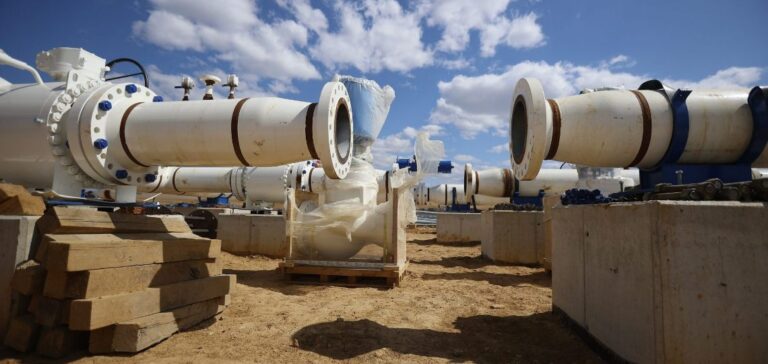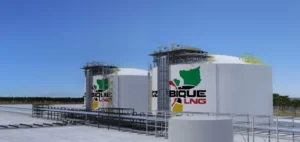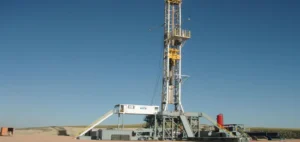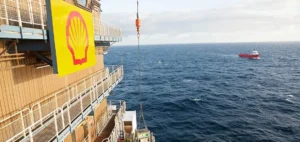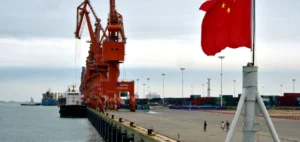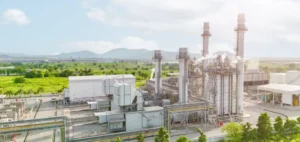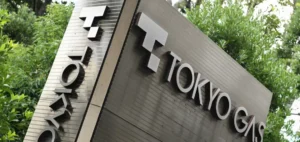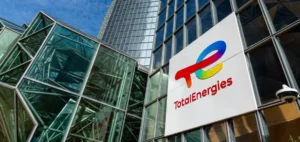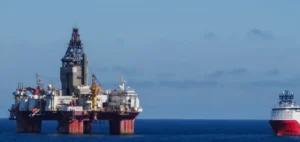The energy crisis in Transnistria has taken a new turn with the implementation of an alternative gas supply. After Gazprom halted deliveries on January 1, the pro-Russian separatist region of Moldova opted for a solution involving Hungary and a financial intermediary in Dubai, under Russian sponsorship.
A financing scheme facilitated by Russia
Vadim Krasnosselski, leader of Transnistria, announced that gas would now be supplied by a Hungarian company. Payment is ensured by an intermediary based in Dubai, with the approval of Moldovan authorities. Moscow plays a key role in this operation, providing financial and logistical support to maintain the energy supply of this enclave historically aligned with Russia.
The Hungarian company involved, MET Gas and Energy Marketing, is a major player in gas imports and distribution in Central Europe. It receives most of its supply from Russia through the TurkStream pipeline. This agreement allows Transnistria to bypass direct dependence on Gazprom while benefiting from Russian financial backing.
An alternative rejecting the European offer
At the same time, the European Union had proposed financial support to Moldova to secure Transnistria’s gas supply. An initial €30 million aid package enabled local residents to stay warm for about ten days. A second package worth €60 million was then offered, but it was conditioned on commitments regarding freedoms and human rights, which the separatist authorities in Tiraspol refused.
Moldovan Prime Minister Dorin Recean stated that although Transnistria’s chosen solution is not sustainable in the long term, Chisinau would not block the gas transit to avoid a humanitarian crisis in the region. He also confirmed that the companies involved, MET Gas and Energy Marketing and JNX General Trading in Dubai, were compliant with regulations.
A tense geopolitical context
Transnistria broke away from Moldova following an armed conflict in 1992, after the collapse of the Soviet Union. Moscow supported the separatist region by providing free gas through Gazprom until the expiration of the transit contract between Russia and Ukraine in early 2025.
Since the supply halt, Gazprom has refused to explore alternative routes, citing a dispute over Moldova’s outstanding debt. Chisinau sees this as another destabilization attempt by the Kremlin in response to Moldova’s pro-European shift under President Maia Sandu.
While the rest of the country has reduced its dependence on Russian gas since the invasion of Ukraine, a significant portion of Moldova’s electricity still came from a gas-fired power plant in Transnistria. This supply has now been replaced with imports from Romania, leading to a significant increase in household energy costs.


